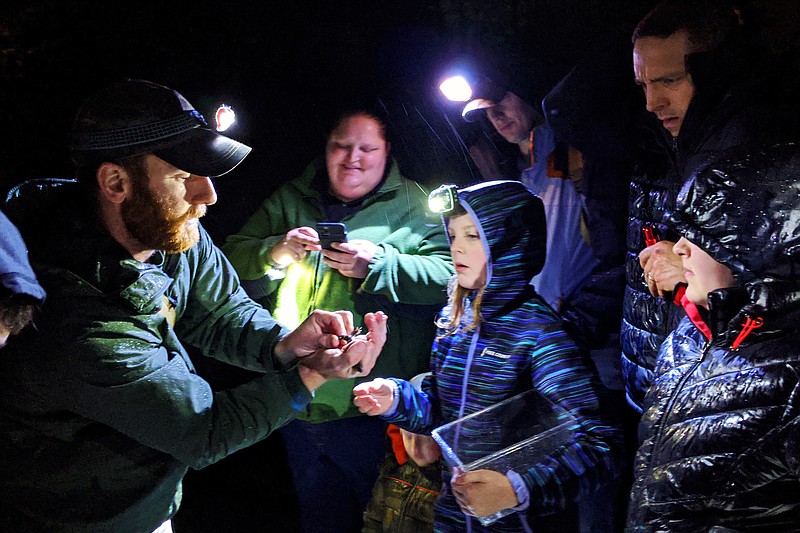Citizens can play a key role in today's conservation research.
Data gathered by people who have jobs outside of science-based careers can add valuable information to research being done by biologists and other resource experts.
If you're looking to become involved in a citizen science effort, be sure to sign up for the Missouri Department of Conservation virtual program "Top 10 Series: Citizen Science Projects."
This free program, scheduled from 2:30-3:30 p.m. Wednesday, is part of a year-long "Top 10" series of programs being put on by the staff of MDC's Shoal Creek Conservation Education Center, in Joplin.
At this program, MDC Administrative Assistant Tim Smith will discuss some of the ways people can get involved in gathering data and making a difference in the natural world.
This program is open to all ages. People can register at bit.ly/3dA5WgG.
An example of a project in which citizens play a vital role is eBird. This project has grown from a simple phone app to a world-wide science effort that logs more than 100 million bird sightings around the world each year. This data is reviewed by experts and helps track bird populations and bird migrations. eBird data has been used in hundreds of conservation decisions and peer-reviewed papers.
Another popular citizen science effort is iNaturalist. This popular nature app helps people identify plants and animals and also connects them with over a million scientists and naturalists who can help them learn more about the outdoors. By recording and sharing their data, subscribers to iNaturalist also broaden the data bases for biologists and researchers working in a variety of natural resource fields.
Though the Wednesday program is free, registration is required to participate using the link above. Registrants must provide an email address, so a program link can be sent to them. This program will include a chat-based question-and-answer period where participants can interact with the presenters.
Staff at MDC facilities across the state are holding virtual programs. A listing of these programs can be found at mdc.mo.gov/regions.

